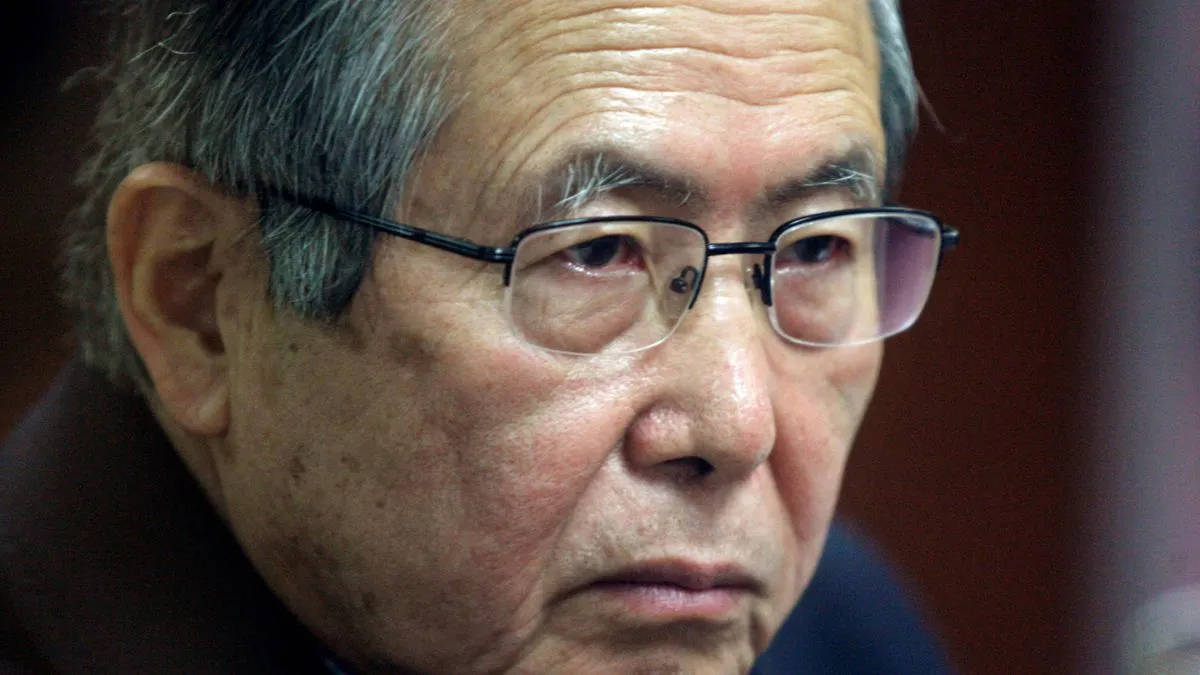Alberto Fujimori's Legacy: The Journey from Hero to Dictator

Alberto Fujimori's Impact on Peru
Alberto Fujimori, the former president of Peru, played a monumental role in shaping the nation's socio-economic landscape. He initially gained widespread support for his decisive actions against terrorism and his efforts to stabilize the economy. However, his presidency became increasingly controversial as he adopted authoritarian measures that tarnished his reputation.
The Duality of Fujimori's Leadership
- Heroic Beginnings: Fujimori's early policies focused on eradicating terrorist threats that plagued Peru in the 1990s.
- Economic Stabilization: His economic reforms led to a reduction in hyperinflation and bolstered foreign investment.
- Rise of Authoritarianism: Over time, Fujimori's administration became notorious for human rights violations and curtailing democracy.
As Fujimori's tenure progressed, the balance between governance and oppression drew sharp criticism from international observers and fellow Peruvians, leading to a complex mixed legacy that endures to this day.
The Controversial Legacy
After serving in office, Fujimori's actions continued to spark discussions about effective leadership versus dictatorial control. Evaluating his contributions remains challenging as Peru seeks to reconcile its past.
For further insights, readers may explore additional resources discussing Alberto Fujimori's life and legacy.
This article was prepared using information from open sources in accordance with the principles of Ethical Policy. The editorial team is not responsible for absolute accuracy, as it relies on data from the sources referenced.